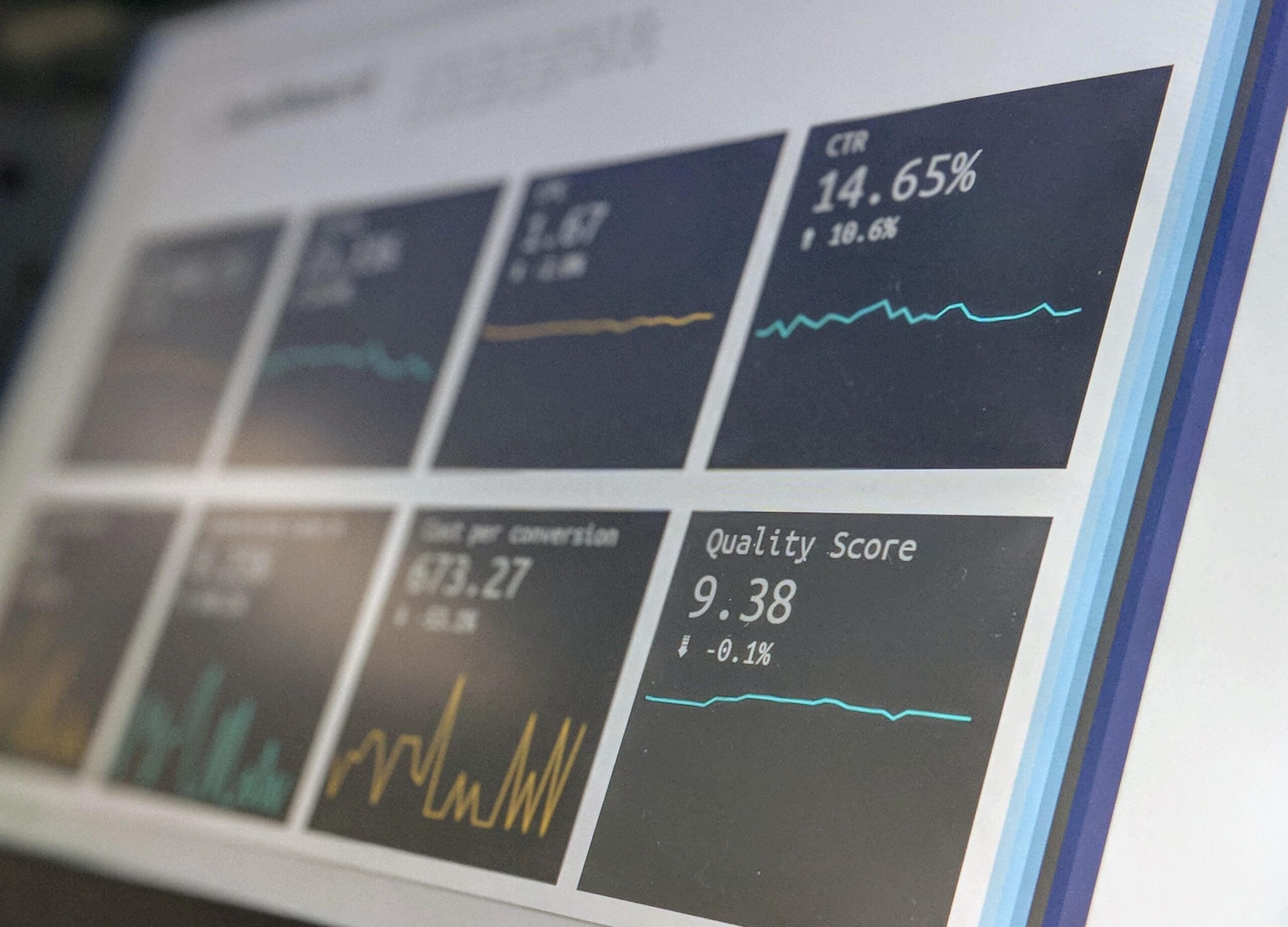Data Warehousing vs Data Engineering: Which is Right for Your Business?

In the context of massive data sets, companies are increasingly recognizing the importance of using their data to gain valuable insights and make informed choices. In this data-driven journey, data warehousing and data engineering services in USA are two essential elements. Although they are both essential to the handling and processing of data they have different functions.
While data engineering places more emphasis on building reliable data streams for real-time processing and managing a variety of data sources, data warehousing concentrates on centralized storage for structured data enabling historical analysis and reporting. We will look at the differences between these two domains in this blog post giving you the tools to decide which in the always changing world of data analytics and decision-making is best for your company.
Core concept about Data Warehousing
Beyond simple storage, data engineering services in USA is a deliberate approach to data management. To enable in-depth research and reporting, structured data from various sources must be united, stored, and retrieved.
The main goal is to provide a centralized repository that gives business users the ability to easily access and evaluate current as well as past data offering an in-depth knowledge of organizational insights.
-
Structured Data Storage:
Data warehouses are specially designed to manage structured data which is arranged according to a specified format and is stored in tables. This methodical technique guarantees consistency of data and makes query operations more efficient.
-
Reporting and Query
: Data warehousing excels at producing comprehensive reports and supporting complex queries. With the help of this capacity users will be able to glean valuable insights from the data, identify trends, and make well-informed judgments.
-
Historical Analysis:
Data warehousing’s use for historical analysis is one of its unique properties. Businesses may analyze trends over time, spot patterns and get important insights into how their operations have changed by keeping a historical record of their data.
-
Data Transformation:
Data is transformed and cleaned up before it is introduced into the data warehouse. By ensuring that the data is correct, consistent, and uniform throughout the repository, this important step improves the dependability of analytical results.
-
Scalability:
Well-designed data warehousing solutions take scalability into consideration. These systems can effectively manage growing loads as data volumes increase, ensuring that the infrastructure stays up with the growing demands of the company.
Integration with Business Intelligence (BI) capabilities:
Users can access powerful features for reporting, analysis and visualization by integrating data warehouses with a variety of BI products in an easy-to-use manner. The general usefulness and accessibility of the stored data are improved by this connection.
Data warehousing is a complete approach that enables businesses to examine past and present information effectively. It is not only about storage. Data warehousing forms a key component of the foundation of data-driven decision-making in businesses by offering organized, cleaned, and integrated data.
Introducing the concept Data Engineering
On the other hand, data engineering concentrates on the useful implementation of data gathering, storing, and processing. It includes all aspects of planning, constructing, and managing the architecture necessary to support data-driven decision-making. Among the most important elements of data engineering are:
-
Data Pipeline Construction:
The fundamental task of data engineering is the skillful building of reliable data pipelines. These pipelines are effective channels that enable data to be moved and transformed from various sources to specific locations inside the system.
-
Real-time Processing:
The ability to process data in real-time is a key component of data engineering. With this strategic focus, companies may react quickly to changing conditions and make decisions almost instantly for flexible and adaptable operations.
-
Scalability:
A key component of data engineering, scalability guarantees that systems have the adaptability to skillfully handle and process growing amounts of data without sacrificing efficiency. Data engineering is positioned as a strong answer for businesses managing the issues of data growth due to this scalability feature.
-
Integration of Diverse Data Sources:
Data engineering handles the complex task of combining organized and unstructured data from a variety of sources. The field is excellent at combining these different sources into a cohesive whole, promoting accessibility and consistency throughout the data ecosystem.
-
Automation and Efficiency:
One important aspect of data engineering procedures is automation, which boosts productivity by lowering the need for human interaction. This automation streamlines procedures and reduces mistakes at multiple stages, including data extraction, transformation, and loading (ETL).
To put it simply, data engineering is a dynamic discipline that uses automation to improve efficiency in the end-to-end data management process while also addressing difficulties related to real-time processing, scalability, and data integration. This complex combination places data engineering at the forefront of the current data-driven decision-making environment.
Selecting the right path for Your Company:
With our knowledge of the differences between data warehousing and data engineering increased the question of which route your company should take becomes apparent.
- Choose data warehousing if you value reporting and historical analysis. The majority of your data is structured, and you know exactly what reports you need to provide. One essential need is a central store for company intelligence.
- Choose data engineering if your company depends on real-time data processing and decision-making. Integration of many data sources, particularly unstructured data, is required. Priorities one and two are scalability and flexibility in managing increasing volumes of data.
Conclusion
In conclusion, the choice between data engineering services in USA and data warehousing relies on the requirements and objectives of your company. Data engineering enables companies to handle the challenges of real-time data processing and a variety of data sources while data warehousing meets the needs of structured data analysis and reporting.
Ultimately the secret to realizing the full potential of your data-driven projects may lie in adopting a comprehensive strategy that incorporates ideas from both fields. Keeping up with the most recent advancements in data warehousing and data engineering will be essential to preserving a competitive edge in the fast-paced field of data analytics as long as technology keeps developing.
Share this article
Written by : admin
Latest Articles
February 1, 2024
December 28, 2023
December 26, 2023
December 18, 2023
December 15, 2023
September 26, 2023
September 21, 2023
September 19, 2023
September 19, 2023
September 12, 2023
September 5, 2023
August 29, 2023
March 31, 2023
March 20, 2023
March 13, 2023
March 13, 2023
March 13, 2023
March 13, 2023
March 13, 2023


































